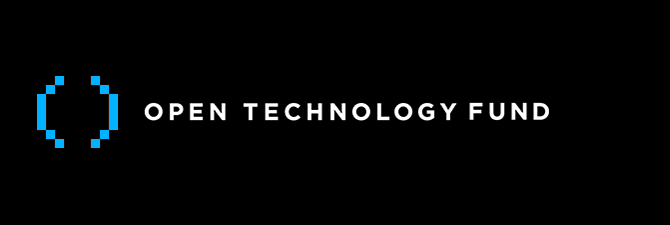Protecting network protocols within an encrypted tunnel, using technologies such as Virtual Private Networks (VPNs), is increasingly important to millions of users needing solutions to evade censorship or protect their traffic against in/on-path observers/attackers. In this paper, we present a series of attacks from two threat models: an attacker that can inject spoofed packets into the network stack of a VPN client (called client-side), and an attacker that can spoof packets on the Internet and send them to a VPN server (called server-side). In both cases, we assume that the attacker is in/on-path, and can count encrypted bytes or packets over time. In both threat models, we demonstrate attacks to infer the existence of, interfere with, or inject data into TCP connections forwarded through the encrypted VPN tunnel. In the server-side threat model, we also demonstrate an attack to hijack tunneled DNS queries and completely remove the protections of the VPN tunnel. For the attacks presented in this paper, we (1) assess their feasibility in terms of packet rates and timing; (2) test their applicability against a broad range of VPN technologies, types, and vendors; and (3) consider practical issues with respect to real-world attacks. We followed an ethical disclosure process for all attacks presented in this paper. Client-side attacks were addressed with two CVEs and partially mitigated by a series of updates from some operating system and VPN client vendors. Server-side attacks have not been addressed and are still feasible with all operating systems and VPN servers that we tested.
Breakpointing Bad is committed to providing all of our research materials, source code, and virtual environments free of any barriers that would limit access or reproducibility. We provide links to a preprint of our paper (set to appear in USENIX Security ‘21) and a public repository of our source material below.
Blind In/On-Path Attacks and Applications to VPNs - PDF
Public Repository with Source Code, Demos, and Virtual Environment Scripts
This project received funding from the following sources:

OTF's Information Controls Fellowship Program (ICFP) supports examination into how governments in countries, regions, or areas of OTF's core focus are restricting the free flow of information, impeding access to the open internet, and implementing censorship mechanisms, thereby threatening the ability of global citizens to exercise basic human rights and democracy. The program supports fellows to work within host organizations that are established centers of expertise by offering competitively paid fellowships for three, six, nine, or twelve months in duration.

This material is based upon work supported by the U.S. National Science Foundation under Grant Nos. 1518878, 1518523, and 1801613. Any opinions, findings and conclusions or recommendations expressed in this material do not necessarily reflect the views of the National Science Foundation.

This material is based upon work supported by the Ministry of Science and Innovation (Spain) (PID2019-111429RB-C22). Any opinions, findings and conclusions or recommendations expressed in this material do not necessarily reflect the views of the Ministry of Science and Innovation.
